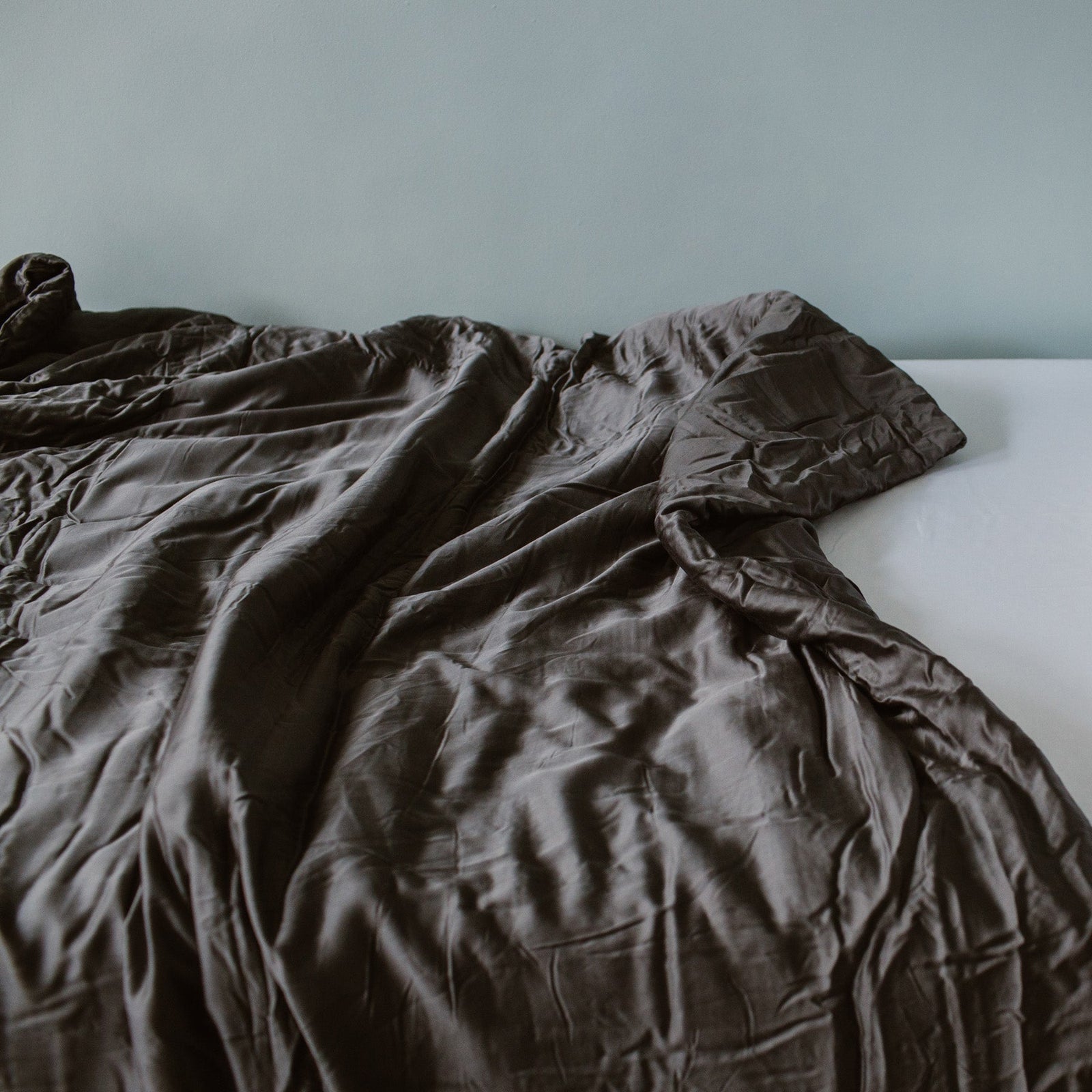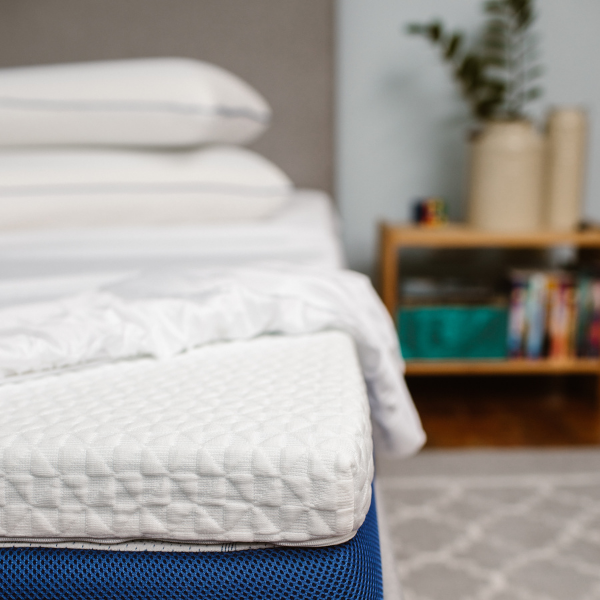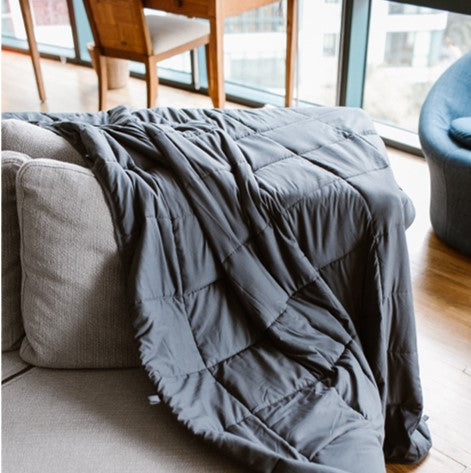FREE NATIONWIDE SHIPPING OVER PHP 1,500 | EASY RETURNS & EXCHANGES
Menu

bedding
blankets

Losing Weight by Sleeping Well
February 07, 2022 - 3 min read
February 07, 2022 3 min read
Those struggling with weight loss would usually look for the best exercise plan or the latest diet fad. From South Beach to Keto, we are not at a loss for diets. And with the internet, it’s so easy to just scroll through YouTube or download an app to help you exercise. But there’s actually a very simple yet often ignored way to shed pounds. The secret lies in getting more sleep!

It’s recommended that adults sleep 7 to 9 hours. However, there’s a considerable number who get less than that. Contrary to popular thinking, if you’re older than 64, you don’t need less sleep. The Sleep Foundation says that you still need 7-8 hours of quality sleep. Aside from affecting your productivity and mental health, insufficient sleep can influence how easily you lose weight. Here’s why:
Sleep affects your appetite hormones.
Ghrelin and leptin are two hormones that greatly affect energy balance. Leptin suppresses appetite while ghrelin increases it. Ghrelin is responsible for giving signals to your brain and telling it, “Hey, you’re hungry!” Ghrelin levels normally go up before you eat.
Of the two, researchers think that leptin, the hunger hormone, plays a bigger role in weight loss. Leptin sends signals to the brain, and tells it, “Hey, you have enough energy!” So the right response would be to feel full and stop eating. However, many obese people don’t respond to these signals even if they have higher leptin levels.
The levels of leptin and ghrelin in your blood aren’t only influenced by when you last ate but also by how much you slept.One study that involved 12 healthy young men showed that insufficient sleep increased ghrelin and decreased leptin levels. This in turn led to feelings of hunger and increased appetite.
Another study involving overweight adults supported these findings. Those who slept fewer hours experienced increased ghrelin levels and greater hunger than the participants who slept longer. Researchers also found that women enrolled in a 6-month weight loss program who slept more than 7 hours per night and had better sleep quality were more likely to lose weight successfully.
Insufficient sleep leads to fatigue, which may lead to weight gain.
Overworking, working shifting schedules, constantly traveling between different time zones, or insomnia can all lead to sleep deprivation, which then leads to fatigue. Of course, it’s hard to exercise if you’re feeling extremely tired and groggy. The lack of exercise can, in turn, contribute to weight gain. Ateam from Stanford suggests that being sedentary, rather than overeating, is driving the surge in obesity.
Experts suggest doing a quick workout to get you out of your sedentary rut. Regular low-intensity workouts increase energy levels by 20 percent and decrease fatigue by 65 percent. Aside from this, one of the best things you can do is get enough sleep. Exercising in the morning can help you sleep better at night. Avoid overexerting yourself when it’s almost bedtime since this can increase your energy levels and make it harder to fall asleep.

Sleep starvation increases late-night snacking.
Have you ever felt those tempting food cravings late at night? Well, it turns out you’re not the only one.Research published in the Journal of the Academy of Nutrition and Dietetics found that people tend to have unhealthy snacking habits when they have less than the recommended seven hours of sleep. What’s more, the sleep-deprived also have a taste for high-carb food.Data published in BMC Public Health showed that night eating habits, “dinner immediately before bed” and “snacks after dinner”, were associated with higher BMI in both Japanese men and women. These habits also increased the risk of obesity in women.
While the solution of getting enough sleep to lose weight seems simple, it may not be easy. If you want to sleep better (and limit your weight gain), start with sticking to a more consistent sleep schedule and creating a restful sleeping environment.
Are you still reading this article during bedtime? Let’s call it a day, and have a good night’s sleep!
Also in Lifestyle

8 Essential Items Every Holiday Host Needs for Stress-Free 2025 Celebrations
January 05, 2026 5 min read
Read More
Why Weighted Blankets Are Essential for Your Holiday Sanctuary
January 05, 2026 5 min read
Read More









